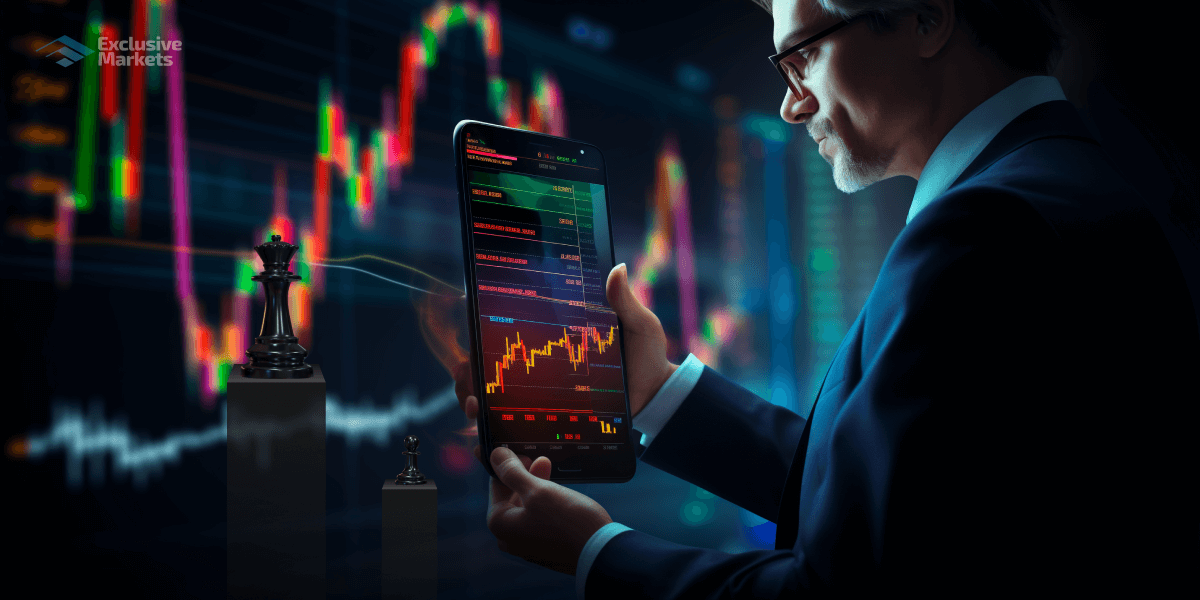Choosing the Right Forex Trading Broker A Comprehensive Guide 1862106454

Choosing the Right Forex Trading Broker: A Comprehensive Guide
When venturing into the world of forex trading, one of the most significant decisions you will make is choosing the right forex trading brokers Global Trading Brokers. The broker you select can greatly influence your trading experience and success. There are numerous brokers available, each offering different services, spreads, and trading platforms. In this comprehensive article, we will explore the key factors to consider when selecting a forex trading broker, and how to ensure that you choose one that aligns with your trading goals and style.
Understanding Forex Brokers
Forex brokers serve as intermediaries between traders and the financial markets. They provide the platforms and tools necessary for trading currency pairs and other financial instruments. There are generally two types of brokers in the forex market: market makers and ECN brokers. Market makers create their own market for trades and can offer fixed spreads, while ECN (Electronic Communication Network) brokers connect traders directly to the interbank market, often resulting in variable spreads.
Regulation and Security
One of the primary considerations when choosing a forex broker should be regulation. Forex trading is subject to regulatory oversight in many jurisdictions. Ensuring your broker is regulated by a reputable authority, such as the Financial Conduct Authority (FCA) in the UK, the Commodity Futures Trading Commission (CFTC) in the US, or the Australian Securities and Investments Commission (ASIC), can provide a layer of security and trust. Regulatory bodies enforce rules and ensure brokers adhere to strict standards, protecting consumers from fraud and malpractice.
Trading Platforms

The trading platform is the software through which you will execute your trades. It is essential to choose a broker that offers a robust, user-friendly platform. Some of the most popular trading platforms in the forex world include MetaTrader 4 (MT4), MetaTrader 5 (MT5), and proprietary platforms developed by brokers. Look for features such as advanced charting tools, technical indicators, customizability, and mobile trading capabilities. A good platform can enhance your trading efficiency and decision-making.
Spreads and Commissions
Spreads and commissions directly impact your trading costs. Most brokers offer either fixed or variable spreads. Fixed spreads remain constant regardless of market conditions, providing predictability, while variable spreads can widen or narrow based on market volatility. Additionally, some brokers charge a commission on trades rather than incorporating it into the spread. It’s vital to understand these costs as they will affect your overall profitability. Always compare spreads and commissions among multiple brokers to find the most competitive rates.
Account Types and Minimum Deposits
Brokers typically offer a range of account types that cater to different levels of traders, from beginners to experienced professionals. These account types may include standard accounts, mini accounts, and VIP accounts, each with varying features and requirements. Additionally, check the minimum deposit requirements to ensure it aligns with your budget and trading plan. Some brokers allow you to open an account with a low initial deposit, while others might require a higher amount.
Leverage Options
Leverage enables traders to control larger positions with a smaller amount of capital. While leverage can amplify profits, it also increases the risk of substantial losses. Different brokers offer varying levels of leverage, often ranging from 1:50 to 1:500 or even higher. It’s crucial to understand the risks associated with high leverage and to choose a broker that allows you to manage your risk effectively.

Customer Support
Effective customer support can be a lifeline for traders, especially for those new to forex trading. Ensure the broker offers multiple channels of communication, such as live chat, email, and phone support. Test the responsiveness and helpfulness of their customer service by reaching out with inquiries before opening an account. A broker with excellent customer support can significantly enhance your trading experience.
Educational Resources and Tools
Many reputable brokers provide educational resources and tools to aid traders in their journey. This may include webinars, trading tutorials, e-books, and market analysis reports. Such resources can be particularly beneficial for beginners, helping them to build confidence and improve their trading skills. Evaluate the educational offerings of a broker before making your decision to ensure they can support your learning needs.
Reviews and Reputation
Finally, do your due diligence by researching broker reviews and their reputation within the trading community. Websites like Forex Peace Army and Trustpilot provide platforms for traders to share their experiences and rate brokers. Pay attention to common themes in feedback, such as withdrawal issues, platform reliability, and overall satisfaction. A broker with a strong positive reputation and good user reviews is likely to be a more reliable choice.
Conclusion
Choosing the right forex trading broker is vital for your trading success and overall satisfaction. By considering factors such as regulation, trading platforms, costs, account types, and customer support, you can make an informed decision. Remember that what works for one trader may not necessarily work for another, so understanding your personal trading style and needs is crucial. Take the time to research and compare different brokers, and don’t hesitate to open demo accounts to test their services before committing real funds. With the right broker by your side, you can embark on a successful forex trading journey.



Recent Comments